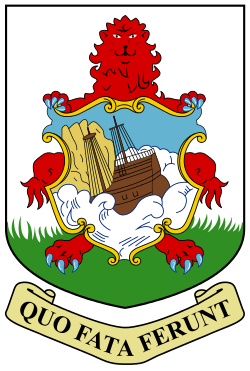| ||
| Are you in favour of same-sex marriage in Bermuda? | ||
|---|---|---|
| Are you in favour of same-sex civil unions in Bermuda? | ||
 |
|---|
| Law |
| Administrative divisions |
A non-binding referendum on same-sex marriage was held in Bermuda on 23 June 2016. [1] [2] [3] Voters were asked two questions; whether they were in favour of same-sex marriages and whether they are in favour of same-sex civil unions. [1] [2] [3] While majority of voters voted against both proposals, the results were invalid as the turnout of 47% was below the 50% requirement. [4]